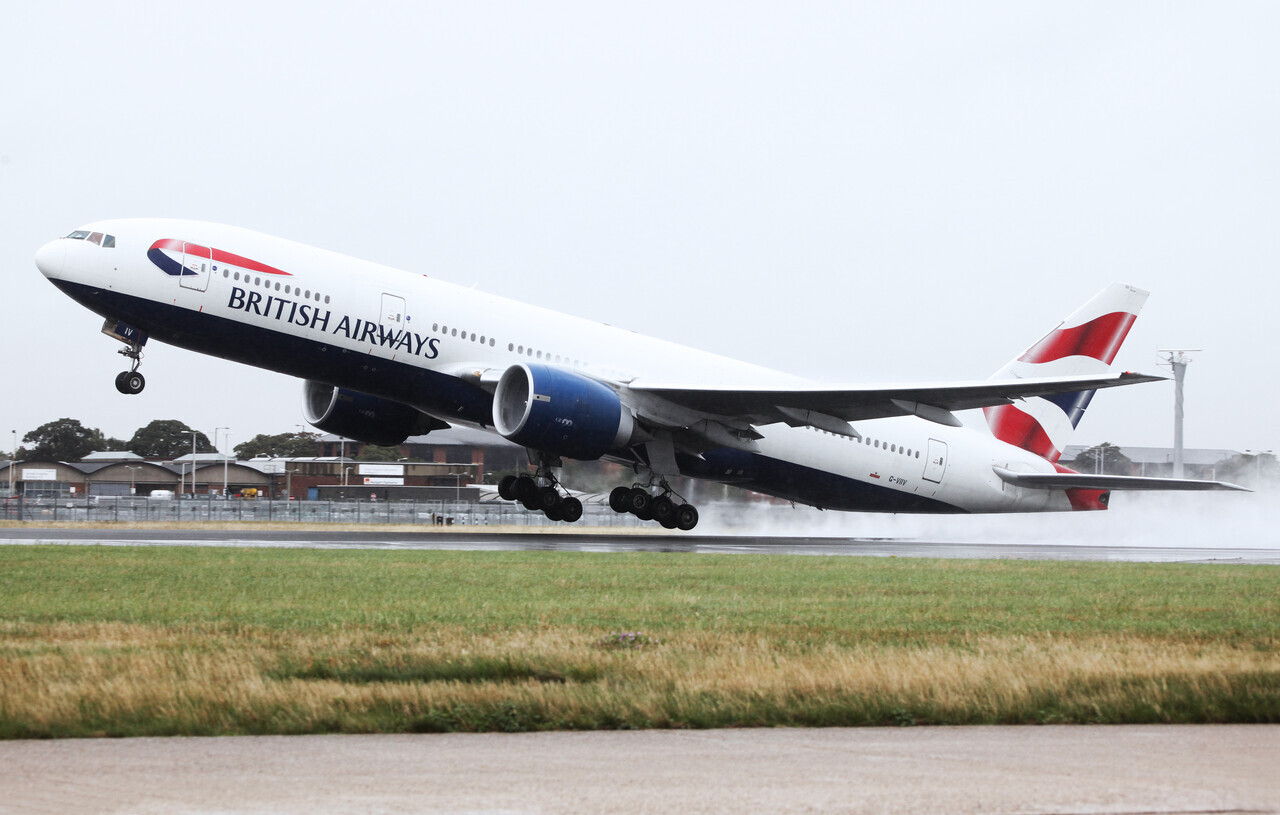Turkey's Strategy for Tourism: A Big Bet on China's Travelers

Skift Take
Turkey is ramping up efforts to attract Chinese tourists. A new memorandum of understanding between Turkey and China aims to bolster tourism cooperation, with Turkish Tourism Minister Mehmet Nuri Ersoy and Chinese counterpart Sun Yeli leading the charge in a meeting last week.
By 2030, Turkey hopes to welcome a staggering 2 million Chinese visitors a year. The keys to Turkey's plan? A combination of visa-friendly policies, increased flight connectivity, and a keen understanding of what makes Chinese millennials tick.
What Do Statistics Say?
Turkey's enthusiasm is backed by statistics illustrating a significant uptick in Chinese tourism. In the first four months of 2024 alone, Turkey welcomed nearly 112,000 Chinese tourists, marking a 131% increase compared to the same period the year before.
By 2030, Turkey expects to welcome 2 million Chinese tourists, a nearly fourfold increase from pre-pandemic levels. Projections anticipate more than half a million Chinese visitors by 2025.
Market analysis also suggests that Chinese outbound tourists are increasingly young and tech-savvy and are using online platforms for travel planning.
Alexander Glos, CEO of tourism company China i2i Group, noted that the post-Covid Chinese traveler has changed: 55% of Chinese global travelers are female, the average age has also dropped to 37 years and these travelers are more affluent, comfortable speaking in English and more experienced.
At the same time, China continues to produce new travelers. Last year, China issued almost 30 million new passports. “These are travelers who have not traveled around the world and are now looking for new and exciting places to explore,” Glos noted.
The New Destination Charm
And this quest for "new and exciting places" is exactly why Turkey fits the bill. As Oliver Sedlinger, CEO of specialized tourism consultancy Sedlinger & Associates, said, "Turkey earlier may not have been a dream destination for Chinese travelers, but that is changing now."
Turkey's lesser-known destinations also make it ideal for off-the-beaten-track travel and unique experiences, aligning with China's growing demand for fresh destinations, unique local experiences, and small-group travel, he said.
Sedlinger also credited Turkey's popularity to destination promotion programs, which are backed by favorable visa policies, improved flight connections, and the value for money the destination offers travelers. Chinese nationals only need an eVisa to enter the country.
In April, Chinese tourist numbers to Turkey doubled year-on-year to approximately 35,000. According to Trip.com, Turkey saw substantial growth in bookings during the Chinese Golden Week, highlighting a trend among Chinese tourists towards exploring less traditionally frequented destinations.
Similarly, China Trading Desk and Fliggy noted that Turkey is experiencing the fastest growth rates in bookings, reflecting a broader shift towards discovering new and diverse locations.
Enhanced Connectivity
Turkey’s focus on Asian markets is part of a joint initiative with Turkish national carrier Turkish Airlines to accelerate growth in key target regions.
Turkish Airlines also offers connections between China and Turkey, with direct flights from major Chinese cities such as Beijing, Shanghai, and Guangzhou to Istanbul.
Enhancing this connectivity, Turkish Airlines and Air China recently transitioned from a blocked space partnership to a new "freesale codeshare" agreement, initially covering flights between Istanbul and Beijing.
Beijing, Guangzhou, and Shanghai all have direct air routes to Istanbul.
According to an Aviation Week report in December, there are over 8,000 two-way seats between Istanbul and Beijing, marking a rise of about 22% on levels seen before the pandemic.
China Eastern Airlines scheduled daily flights to Istanbul Airport between May and September last year, whereas the year before, it had none. China Southern Airlines also connects Istanbul with Beijing.
The Big Spenders
According to UN Tourism, in 2023, Chinese travelers became the number one spenders globally, with a record $190 billion spent globally. This figure was achieved with just under 80 million Chinese travelers, compared to $160 billion spent by about 140 million travelers in 2019.
This shift indicates to Glos that Chinese tourists are spending significantly more on experiences, hotels, and local shopping rather than just luxury brands.
Charl Albertyn, China market specialist with Create Consulting, noted that Chinese outbound tourism spending has recovered significantly — but with lower tourist numbers.
“It’s the high spenders who are traveling overseas for now, so destinations will be well-served targeting luxury travelers for the time being,” Albertyn noted.
Preparing for the Return of Large-Scale Chinese Tourism
However, Albertyn noted that deals like the Huawei and Qatar Tourism collaboration and the WeChat Pay partnership with the Maldives and WeChat Pay highlight how destinations are setting up digital tourism infrastructure for the return of large-scale Chinese tourism.
“Players like Huawei and Tencent are now vying to produce the best ‘Chinese tourist tech bubble,’ where mobile data, navigation, payments, bookings, AI tour guides, and map-based recommendations are all bundled together into a single smartphone ecosystem. Destinations like Turkey could see good returns from integrating into one or more of these ecosystems,” he noted.
Sedlinger rightly pointed out that there is tangible long-term business potential for Turkish suppliers who grasp their chances and position their product in the market clearly, as the recent agreement between the two countries would increase visits and revenues.





